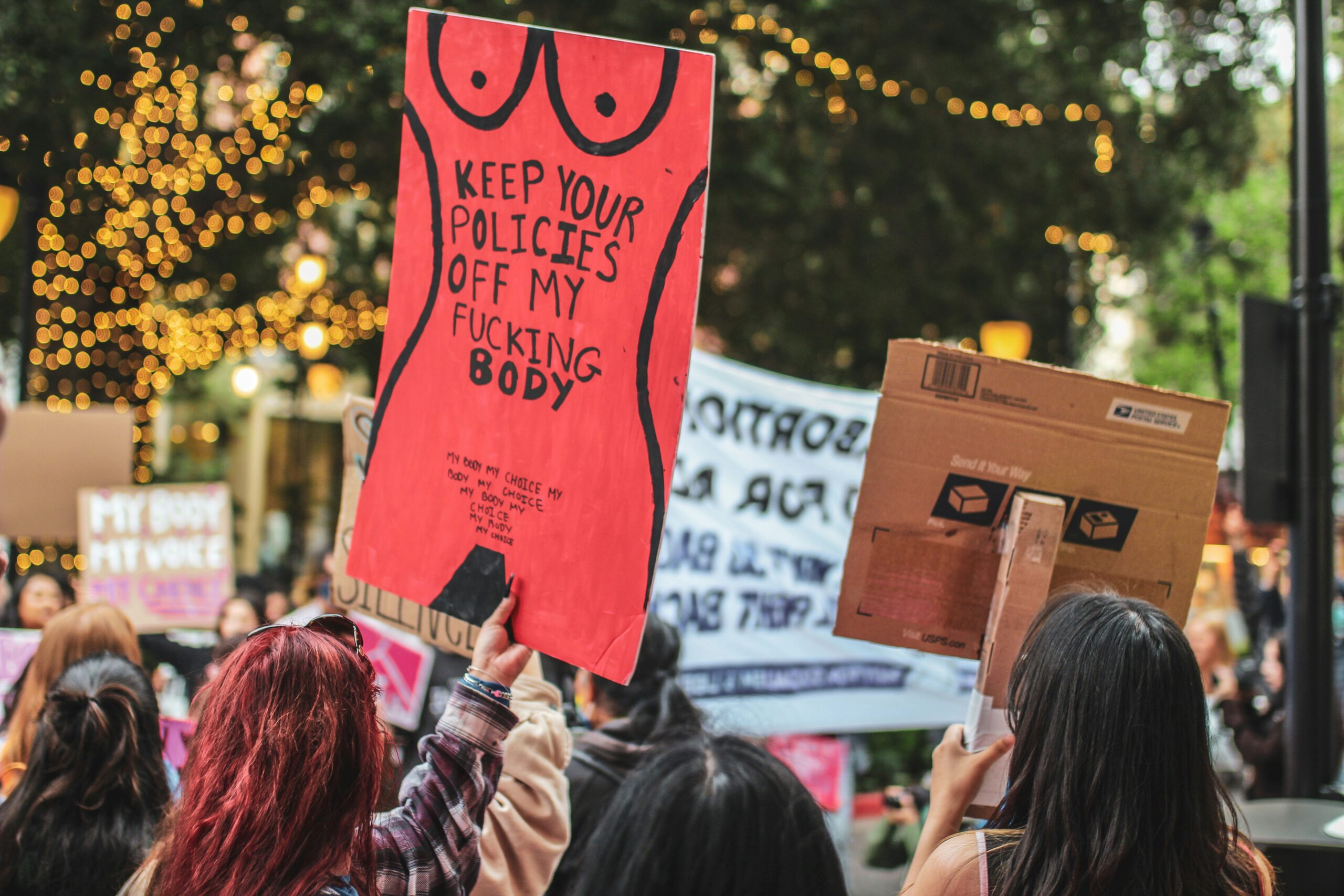Democrats are counting on the issue of reproductive rights to bring in votes
At anti-abortion protests in the US, protestors brandish placards with slogans like “As a former foetus, I oppose abortion,” “Equally human = born and preborn” and “I vote pro-life first”. As emotive expressions of deeply-rooted opinions, these calls to action show that abortion is one of the key issues ahead of the presidential election in November.
In 2022 the US Supreme Court overturned Roe v. Wade, ending the constitutional right to abortion. Following the decision, 21 out of America’s 50 states have banned or restricted abortion before the 12-week standard set by the landmark 1973 case.
Nevertheless, polling shows that support for increased access to abortion has broadly increased in recent years – to the disappointment of Michel Dykstra, a pro-life advocate and volunteer at PRC Grand Rapids, a clinic for unplanned pregnancy support in Michigan.
“It’s deeply sad, actually. We have become self-centred: ‘I do what I want, and it doesn’t concern you.’ But abortion does concern someone else. He or she just doesn’t have a voice yet,” says Dyktsra.
Claire McKinney, an assistant professor at the College of William & Mary who studies the politics of reproduction, sees a pragmatic reason for the switch in public opinion following the overturning of Roe v. Wade in 2022.

She explains that since the ruling and subsequent abortion bans, even women who weren’t pregnant have been unable to access certain medicine that could create foetal harm, leading some to rethink their support for anti-abortion laws.
As this support wanes, pro-life advocates are looking to America’s history for assistance.
They have called on the federal government to fully implement the Comstock Act, an 1873 law that whilst still on the statute books, is not enforced by authorities. The act prohibits sending or receiving any materials designed for “the prevention of conception or procuring of abortion”. If enforced, it would sharply restrict access to abortion nationally.
“If you really believe that abortion is murder, then if there was a good law on the books, you bring it back. It’s a kind of moral absolutism where it just overrides all other considerations,” says Paul Goren, a professor of political science at the University of Minnesota.
In response, pro-choice Democrat activists are gathering signatures to ensure that their party’s nominees have pledged to protect abortion rights. Activists have also managed to get abortion rights put on election ballots in several states. In Florida, for example, voters will decide whether the right to abortion should be enshrined in the state constitution.
In the 2022 midterm elections, that seemed to work. Abortion turned out to be an important voting motivator and an effective blocker of the forecasted “red wave” in which Republicans were set to gain a significant number of seats.

According to KFF’s midterm exit polls analysis, 38 per cent of voters said that the overturning of Roe v. Wade had a major impact on their decision to vote in the midterms, while 47 per cent said that it had a major impact on which candidates they supported.
“They know they can [appeal] to the liberals who think conservatives are trying to take away a woman’s rights over her own body,” says Dykstra.
The Republicans will have to be more tactical about how they frame an issue that has become a liability. Even though legal access to abortion is not a priority for the electorate, as it falls behind concerns about economy, healthcare, illegal immigration, and gun violence, it could cost the Republican Party votes.
“When Trump is signalling that he might be open to reviving laws like the Comstock Act, that’s a wink to his base that he’s on the side of the religious right. If he makes that a prominent part of his general election campaign, he’s going to face a lot of pushback,” concludes Goren.

The two candidates in the election will likely take different approaches to abortion rights if elected.
“If Biden is re-elected, he’ll do everything within his power to make sure that the government is rhetorically committed to increasing access to reproductive technologies for women,” says Goren.
The right approach for Donald Trump, on the other hand, is less clear. Although he declared himself “the most pro-life president” and has boasted of playing a central role in the overturning of Roe v. Wade, he has been downplaying the divisiveness of the issue of abortion in his campaign and will likely keep diverting attention to other matters.
“I can see [Trump and the Republicans] saying: ‘Well, the Supreme Court decided and it’s up to the states, let’s now change the subject to immigration or some other issue on which most of us agree,’” Goren chuckles.
Feature Image: Pro-choice protest in San Jose, California, 2022. Photo Credit: Ethan Gregory Dodge.

